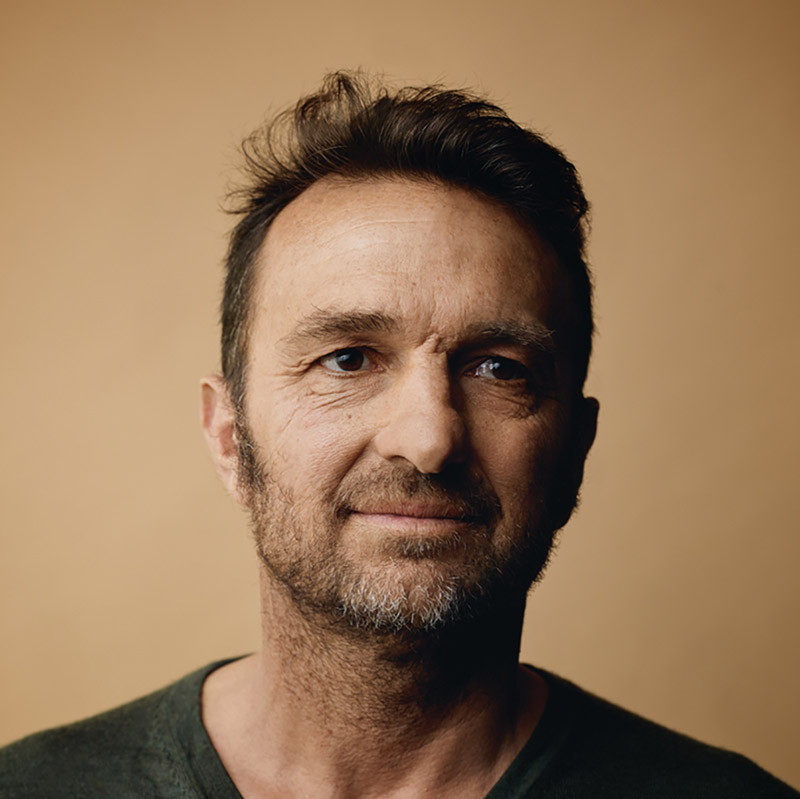04 April 2023
By Tim Baker
Fresh back from the Newcastle Writers Festival and brimming with new inspiration from the writerly marketplace of ideas, as always when I attend these events.
If you’re looking for fresh perspectives on life, to tap into the minds of some of our country’s finest thinkers, I can’t recommend a trip to a writers’ festival highly enough. Every time I come away with one or two gems that seem to resonate with where I find myself in life.
This time it was the prolific, hilarious and wise Brigid Delaney whose words hit me between the eyes, both in her spoken words during an enlightening session and in the written form, in her latest and widely acclaimed book, Reasons Not To Worry – How to be Stoic in chaotic times. And I’m not alone.
Brigid’s modern interpretation of the ancient wisdom of the Stoics, big in Rome in the pre-Christian age over 2000 years ago, seems to have struck a chord in the post-Pandemic world, across borders and cultures. Her book has been sold into 17 countries at last count, as modern readers find comfort and guidance in this age-old philosophy. And, really, who knows more about chaotic times that those of us living with a cancer diagnosis?
Delaney discovered Stoicism quite by accident, when her editor suggested she write a column about it for the Guardian website in 2018. This was largely a trademark Delaney piss-take, embarking on something called Stoicism Week with a healthy dose of cynicism. But as the world teetered from one calamity to the next from the Summer of 2019/20, from bushfires to plagues to floods to war, she sensed she may have sold Stoicism short and took a deeper dive into the ancient texts that have preserved its teachings.
What she discovered was that we have greatly misunderstood the Stoics, confusing them for grim proponents of the stiff upper lip and repressed emotions. In truth, Stoicism provides a remarkably timeless, enduring and practical framework to navigate life’s challenges with tranquillity and maximum enjoyment.
The other thing I realised, to bastardise a popular saying, is that I was a Stoic and I didn’t even know it.
You see, the key pillars of Stoicism, as Delaney explains it in her witty, breezy style, are these:
- Only seek to control those things that are within your control and don’t waste your energy on other stuff.
- Cherish every moment with loved ones as if it might be the last time you’ll ever see them.
- Deeply contemplate your mortality and the mortality of those closest to you.
- Time is our most precious commodity, and we should treat it as such.
If that all sounds overly grim, it comes with a few qualifiers. These principles are intended to liberate us to live life with greater joy, less anxiety and more presence. And it was with some satisfaction that I realised I had instinctively adopted these philosophies as a way of managing my own cancer diagnosis.
In this sense, Stoicism shares some key points with Buddhism but without the robes, the chanting and prayer flags. Meditation has been one of my key tools for embracing this approach to living and I began to suspect that perhaps meditation was a gateway drug to Stoicism, that Stoicism is what arises instinctually when we strive to live and face adversity with presence and awareness.
However it arises, I can endorse Delaney’s encouragement for all of us to apply the “control test” to almost any conundrum in our lives – whether it be health care, relationships, business or the myriad stressors of modern life. Is it within our control? Cool. Take action. Is it outside our control? Then move on and keep your powder dry for things you can influence. It sounds simplistic, and it takes practice, but it is a wonderfully crystallising way of viewing the world and sharpening our focus for maximum benefit.
Tossing and turning the night before blood tests and scan results won’t influence the outcome. Diligently following the advice of your treating physicians, exercising regularly, eating well, reducing stress and observing good sleep patterns might. An awareness of our mortality doesn’t have to send us into crippling depression but can imbue every human encounter with a deep appreciation. Accepting our time is limited can ensure we spend it on things that bring us joy, nurture our physical and mental health and cultivate our most cherished personal relationships.
There is much to recommend the ancient wisdom of the Stoics. I for one plan on diving deeper into their teachings. You can hear Brigid talk more about Stoicism here:
About the Author

Tim Baker is an award-winning author, journalist and storyteller specialising in surfing history and culture, working across a wide variety of media from books and magazines to film, video, and theatre. Some of his most notable books include “Occy”, a national bestseller and chosen by the Australia Council as one of “50 Books You can’t Put Down” in 2008, and “The Rip Curl Story” which documents the rise of the iconic Australian surf brand to mark its 50th anniversary in 2019. Tim is a former editor of Tracks and Surfing Life magazines. He has twice won the Surfing Australia Hall of Fame Culture Award.
Tim was diagnosed with stage 4, metastatic prostate cancer in 2015 with a Gleason score 9. He was told he had just five years of reasonable health left, but seven years on, at 57, he’s still surfing, writing, and enjoying being a dad. His latest book, Patting The Shark, also documents his cancer journey and will be published in August. Tim will be sharing weekly insights into his journey to help other men who have also been impacted by prostate cancer.
